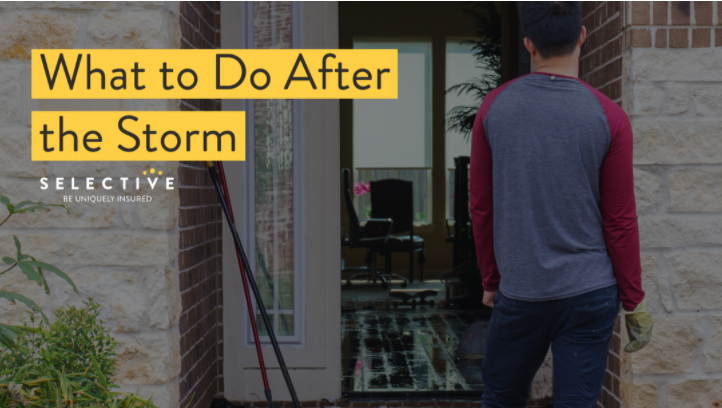Protecting Your Business With Surety and Fidelity Bonds

When it comes to securing your business and its activities, one important issue to include — as you consider your business insurance needs — is that of “bonding.”
Though you may associate the word “bond” with investments (or even “007”), when it comes to business, bonds are quite different: Instead of being a debt instrument or a dashing British spy, a business bond is an important risk management tool, offering protection when certain types of agreements are breached.
Here’s what you need to know about protecting your small business with surety and fidelity bonds — which are the two main types of business bonds.
What Is a Business Bond?
A business bond, while providing a form of risk protection, is separate from your regular business insurance. Basically, business bonds back up broken promises — whether those issues arise from the way in which a service is provided, or from an employee’s dishonest actions.
In some lines of work, having a bond is a requirement of doing business; in others, bonds are an important component of the company’s overall risk management.
The two main types of business bonds are surety bonds, which protect your clients or customers, and fidelity bonds, which protect your business.
Surety Bonds
A surety bond is a contract among three parties: the obligee, the principal, and the surety:
- The obligee is the person, business, or organization that requires, and collects under, the bond.
- The principal is the person, business, or organization carrying out the work — typically the small business owner.
- The surety company or insurer that issues the bond is the party that ensures the principal’s work is carried out.
With a surety bond, if the principal doesn’t complete the project as specified, the surety company or insurer pays the bond amount to the obligee, who may then use it to hire someone else to complete the work. Then — and this is where a surety bond differs from insurance — the principal is asked to reimburse the surety company or insurer.
Fidelity Bonds
A fidelity bond helps protect your business from financial loss due to an employee’s dishonesty, including losses from theft or embezzlement, which regular business insurance policies don’t typically cover.
Blanket fidelity bonds cover all employees of the business. If you own a housecleaning service and one of your cleaners steals money or property from a client while cleaning their home, your fidelity bond can reimburse you for reimbursing your client.
What Types of Bonds Are Available for Business Owners?
Different bonds serve different purposes and different industries. Here are eight common business bonds:
Commercial Surety Bonds
1. Non-Construction Performance Surety Bonds help ensure the fulfillment of a contract’s obligations and apply to service companies, such as food service operations or bus companies. Read Full Article




























